Why is China targeting Nvidia? (And why is the AI giant so important?)
A new front in the 'chip war' with the US

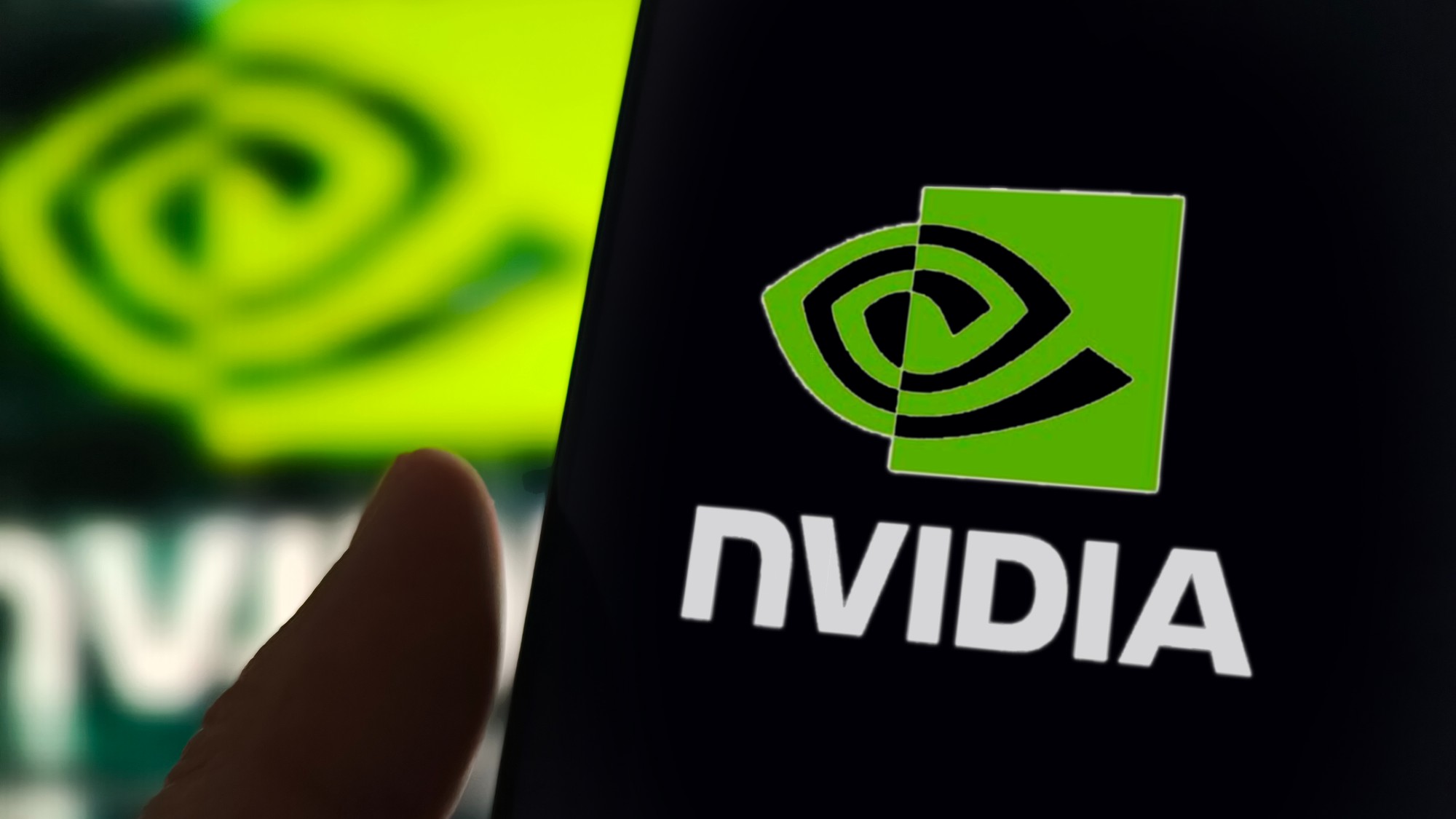
A free daily email with the biggest news stories of the day – and the best features from TheWeek.com
You are now subscribed
Your newsletter sign-up was successful
China just escalated its so-called "chip war" with the United States: Beijing is launching an antitrust investigation of Nvidia, the American chipmaker whose products are powering the AI revolution.
The new investigation "may be seen as a retaliation" against recent U.S. moves to limit the sale of AI technology to China, said Axios. China has a "long history" of using antitrust investigations to retaliate against American regulations. One wrinkle: The U.S. government is "also reportedly investigating Nvidia" for possible antitrust violations, Axios said.
Still, the China investigation is being regarded as a "major escalation" of the chip war, said CNN. Both China and the United States see "AI dominance" as "crucial for national security." (The chips are crucial in "artificial intelligence, cyber warfare, military equipment" and other warfighting applications, said The Wall Street Journal.) Nvidia, meanwhile, is "the face of the AI tech revolution." Undermining the company could "harm the American company's ambitions" to continue its worldwide dominance of AI chipmaking. The two countries were already engaged in a series of tit-for-tat restrictions of chips and chip-making materials, CNN said. "The Nvidia investigation ups the ante."
The Week
Escape your echo chamber. Get the facts behind the news, plus analysis from multiple perspectives.

Sign up for The Week's Free Newsletters
From our morning news briefing to a weekly Good News Newsletter, get the best of The Week delivered directly to your inbox.
From our morning news briefing to a weekly Good News Newsletter, get the best of The Week delivered directly to your inbox.
What did the commentators say?
"China has trade weapons to fight back," Stephen Bartholomeusz said at The Sydney Morning Herald. The U.S. has been working to "close off China's access to the most advanced semiconductors." The Nvidia investigation is a sign that Beijing has the power to "hit back" by targeting "one of America's most valuable companies." Nvidia is an easy target: It controls 90% of the advanced semiconductor market around the world. That gives China a "plausible rationale" for its antitrust investigation, Bartholomeusz said. "It would be naive" to see the investigation's timing as "coincidental."
The world's economic superpowers are now "locked in a battle over computer chips," Ian King and Debby Wu said at Bloomberg. China is vulnerable, so despite a "spending spree" on chip-making, the country's manufacturers "still depend on U.S. and other foreign technology." America has used export controls and import tariffs to try to cement its advantage. That tactic might continue, King and Wu said. "Chips are likely to remain a focal point for the incoming Trump administration."
What next?
The antitrust investigation is a signal from Beijing that China is showing "its capacity to retaliate and to deter potential further U.S. aggressive actions," Angela Zhang, a law professor at the University of Southern California, told The Wall Street Journal. The investigation could "boomerang" by pushing the U.S. and China to accelerate the "economic decoupling" between the two countries.
Indeed, business groups are now calling for Chinese companies to quit buying American chips altogether, said The New York Times. "American chip products are no longer safe and reliable," the China Semiconductor Industry Association said in a statement. That may be tough, said the Times. "No Chinese company has been able to make chips as advanced as Nvidia's."
A free daily email with the biggest news stories of the day – and the best features from TheWeek.com
Joel Mathis is a writer with 30 years of newspaper and online journalism experience. His work also regularly appears in National Geographic and The Kansas City Star. His awards include best online commentary at the Online News Association and (twice) at the City and Regional Magazine Association.
-
 TikTok secures deal to remain in US
TikTok secures deal to remain in USSpeed Read ByteDance will form a US version of the popular video-sharing platform
-
 How will China’s $1 trillion trade surplus change the world economy?
How will China’s $1 trillion trade surplus change the world economy?Today’s Big Question Europe may impose its own tariffs
-
 Shein in Paris: has the fashion capital surrendered its soul?
Shein in Paris: has the fashion capital surrendered its soul?Talking Point Despite France’s ‘virtuous rhetoric’, the nation is ‘renting out its soul to Chinese algorithms’
-
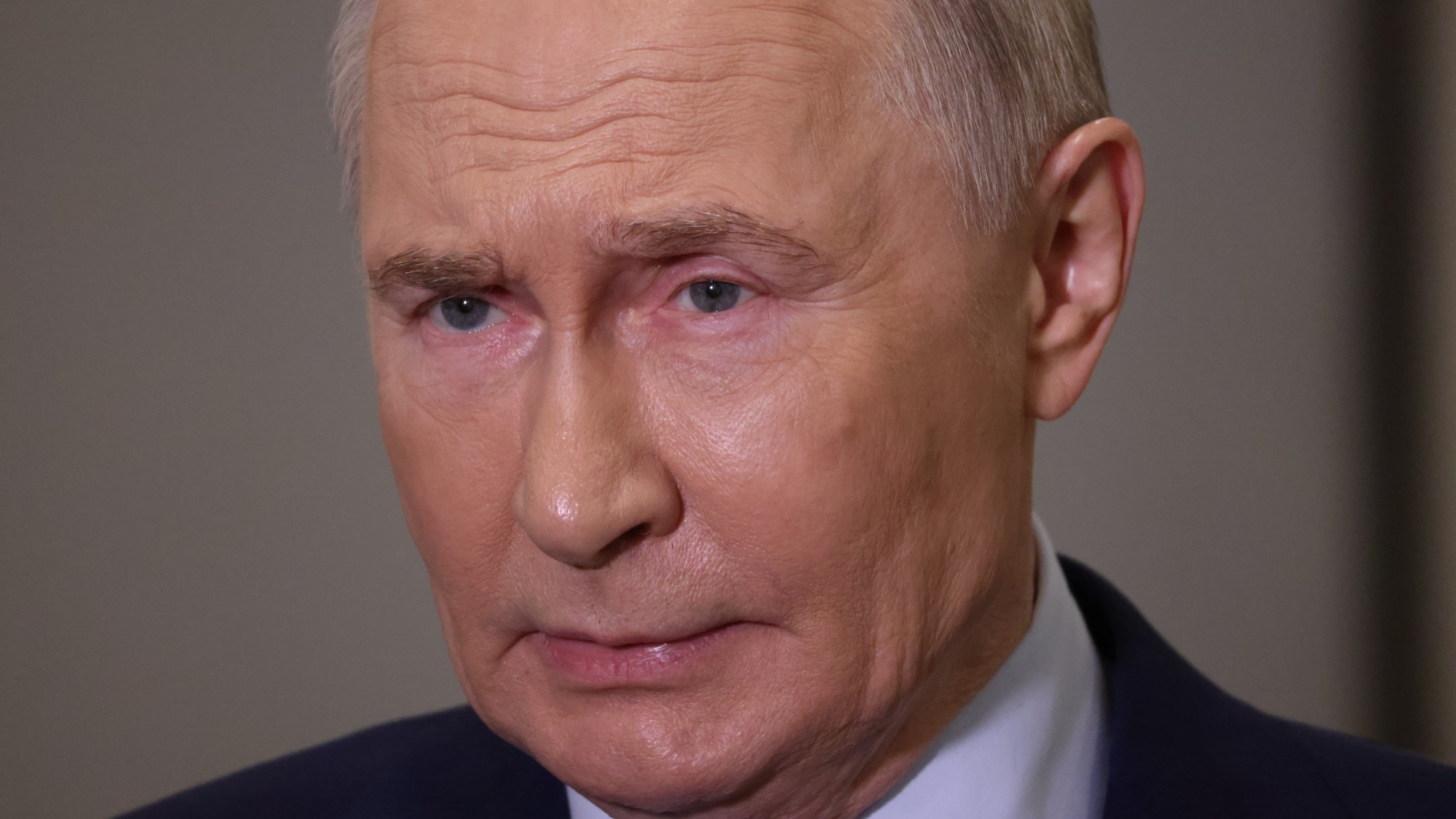 Will latest Russian sanctions finally break Putin’s resolve?
Will latest Russian sanctions finally break Putin’s resolve?Today's Big Question New restrictions have been described as a ‘punch to the gut of Moscow’s war economy’
-
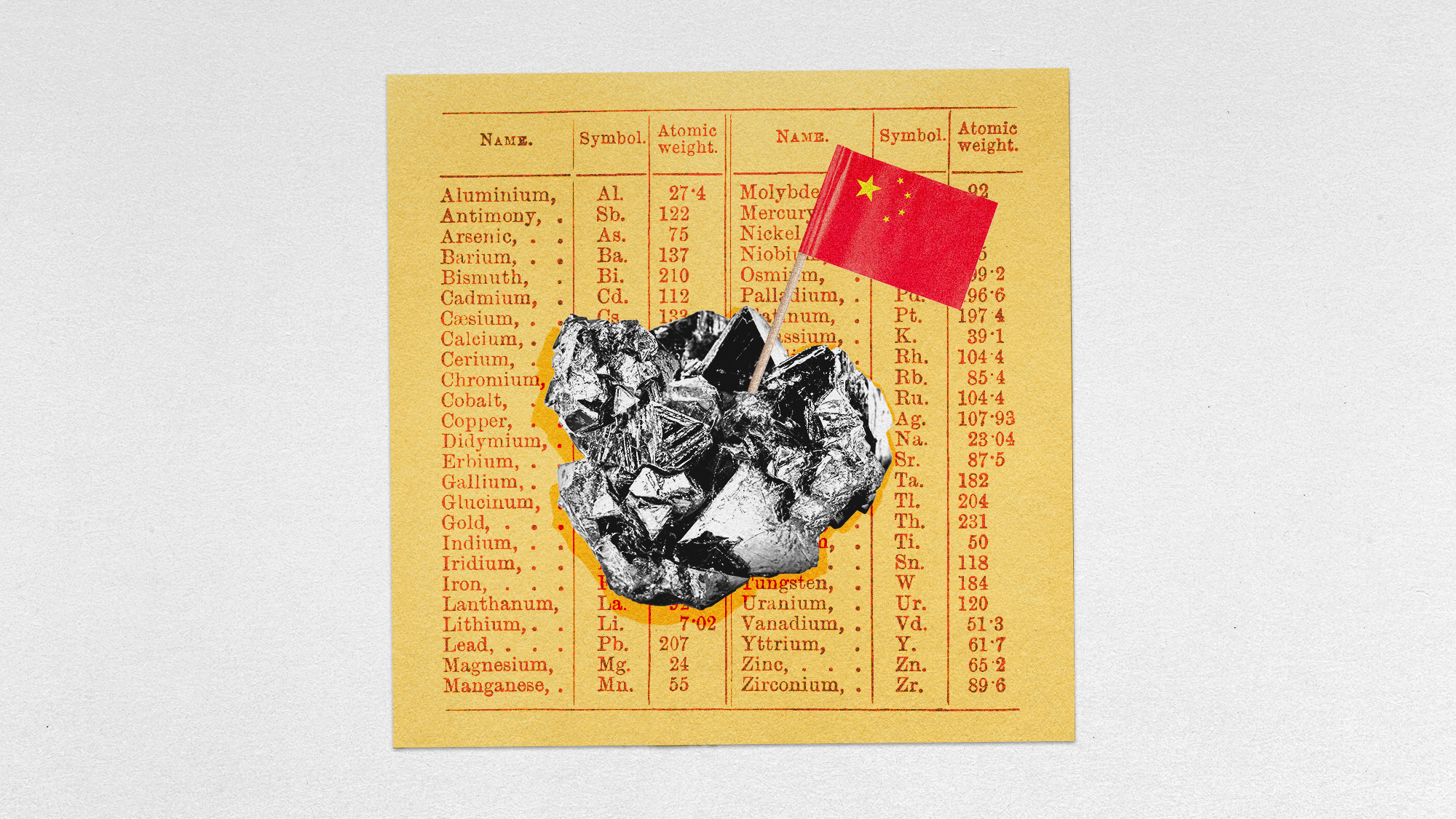 China’s rare earth controls
China’s rare earth controlsThe Explainer Beijing has shocked Washington with export restrictions on minerals used in most electronics
-
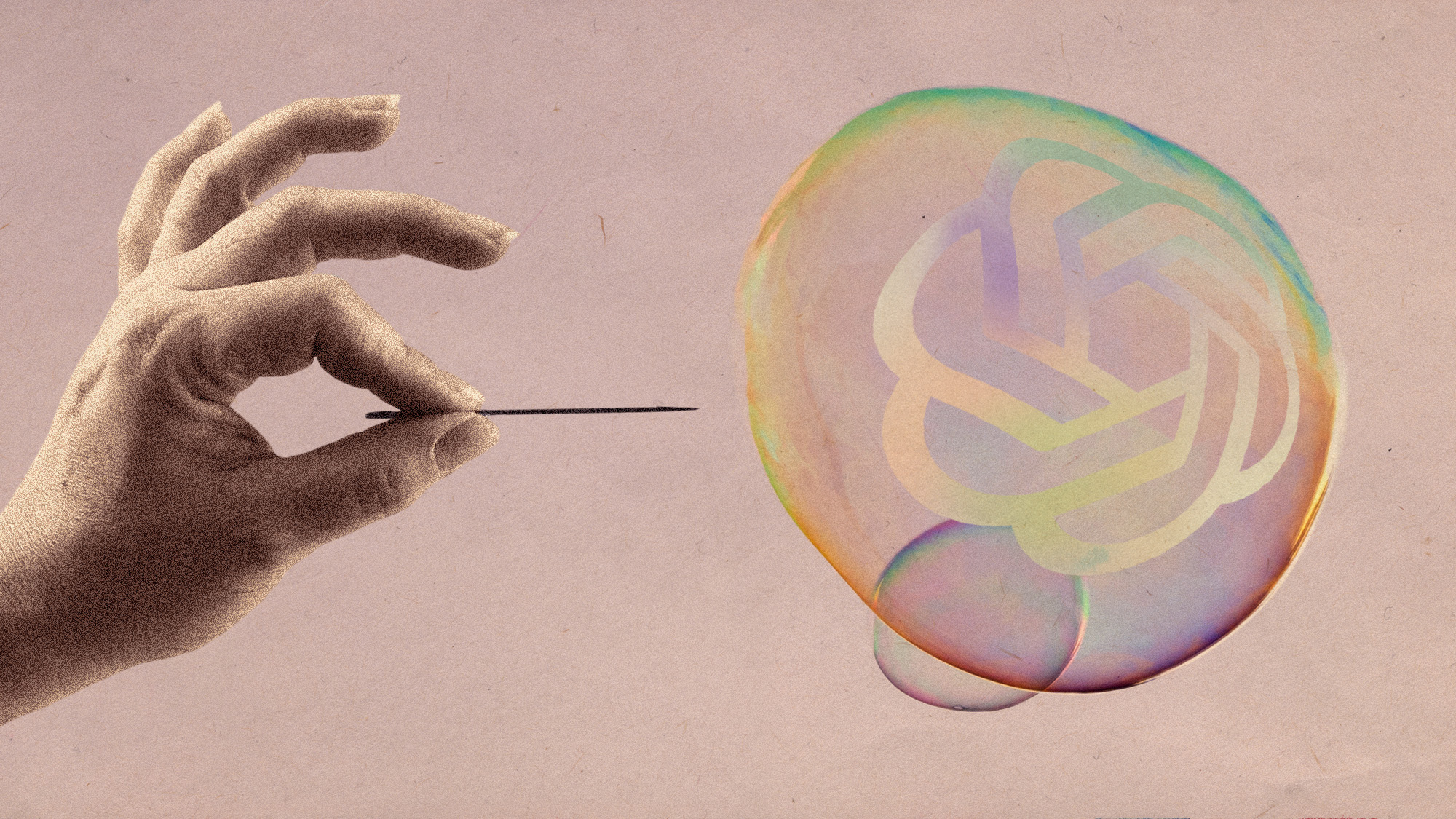 Is a financial market crash around the corner?
Is a financial market crash around the corner?Talking Points Observers see echoes of 1929
-
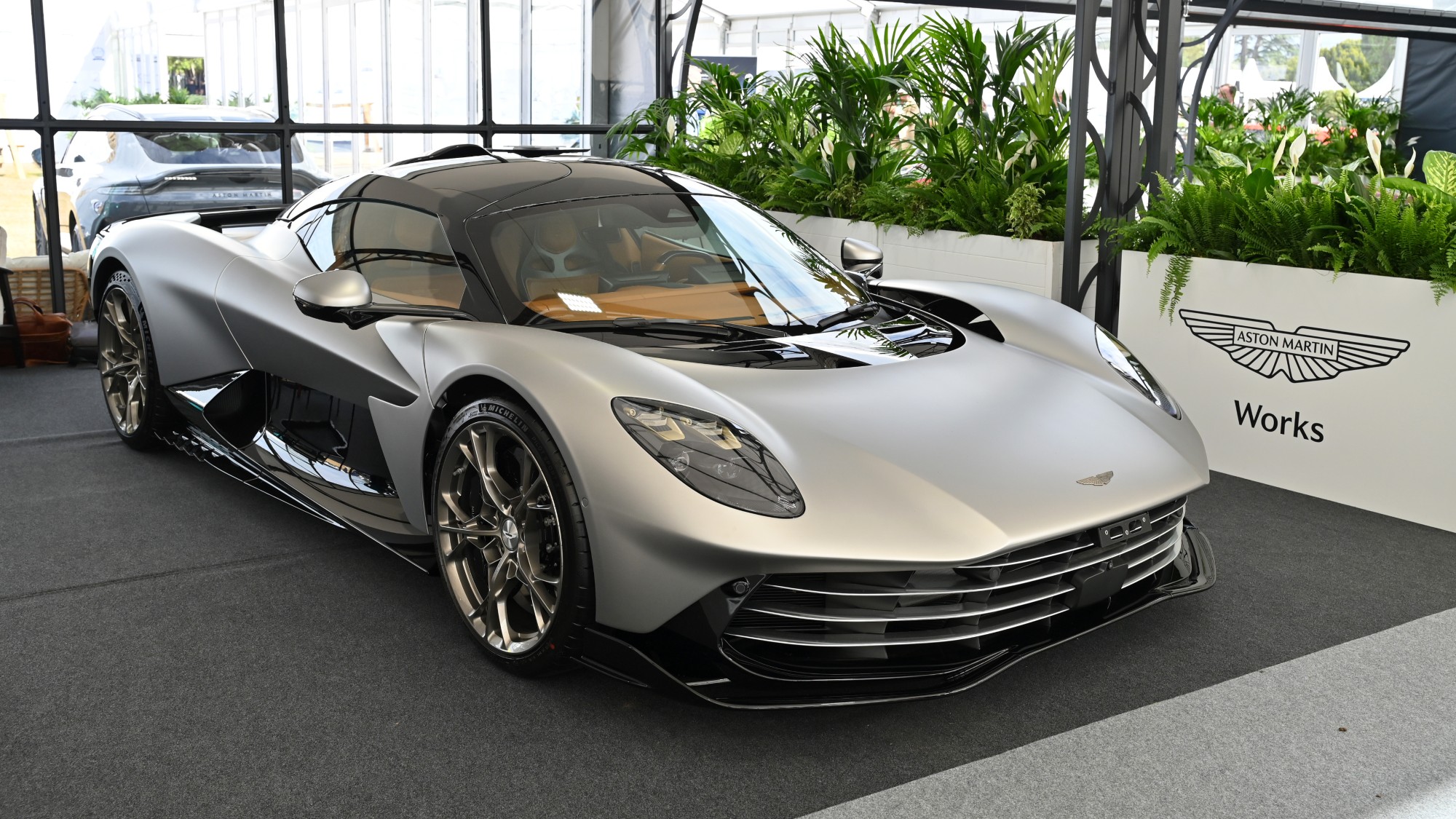 The struggles of Aston Martin: burning cash not rubber
The struggles of Aston Martin: burning cash not rubberIn the Spotlight The car manufacturer, famous for its association with the James Bond franchise, is ‘running out of road’
-
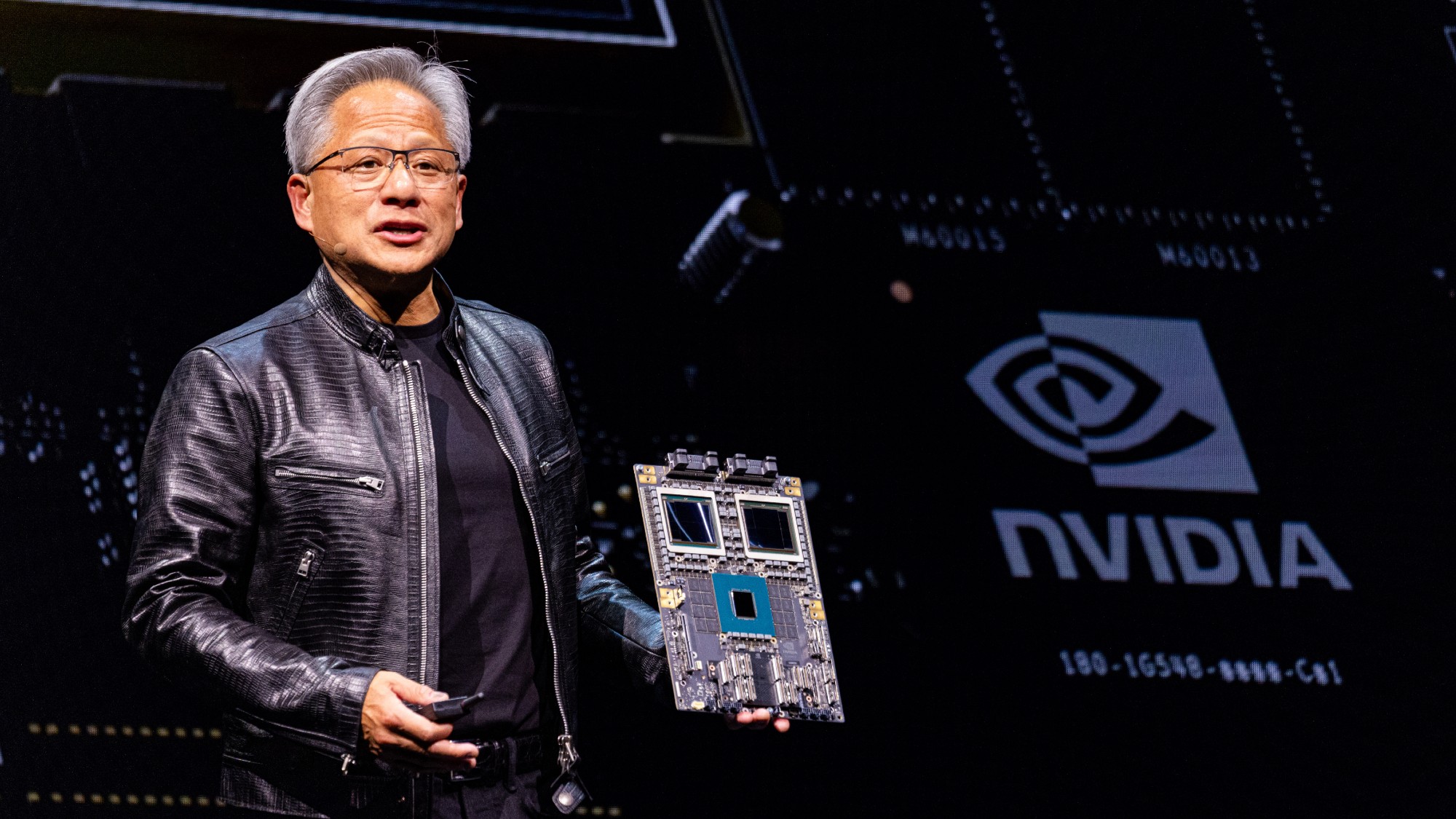 Nvidia: unstoppable force, or powering down?
Nvidia: unstoppable force, or powering down?Talking Point Sales of firm's AI-powering chips have surged above market expectations –but China is the elephant in the room



